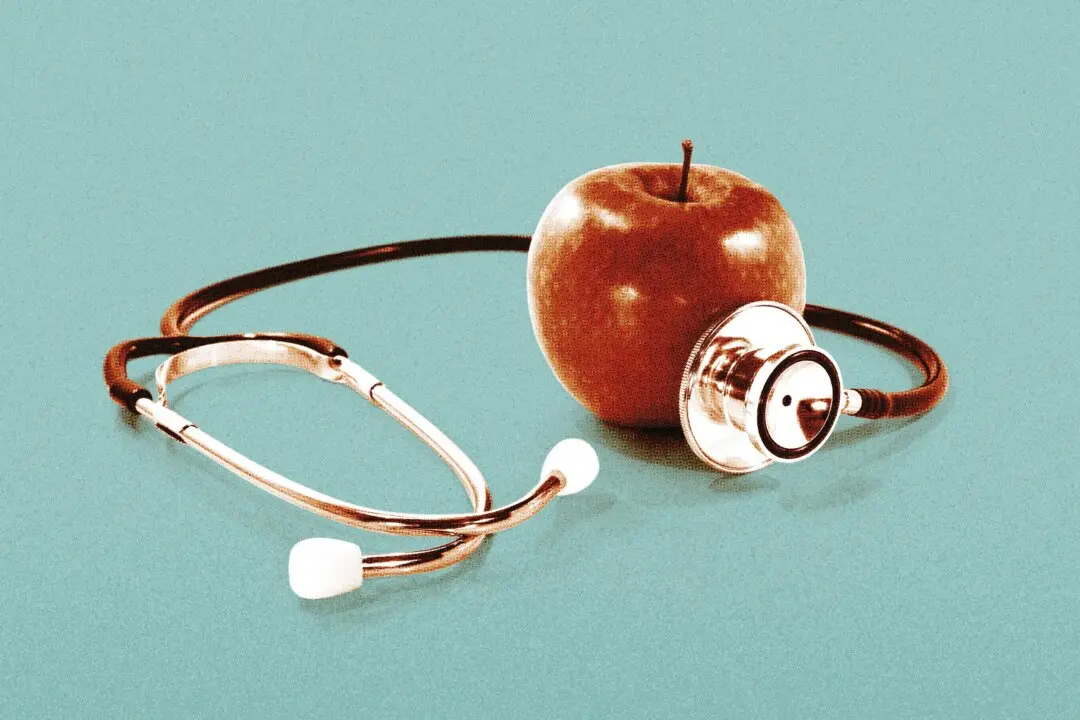Researchers set out to see if women who smoked during pregnancy could benefit from vitamin C supplementation and what effect it might have on the respiratory health of their babies.
Two studies conducted years apart have shown both the short- and long-term benefits of vitamin C on the children of women who smoked during their pregnancies. The first study, published in 2017, randomized pregnant women for vitamin C or a placebo, then tested their babies at 3 and 12 months to evaluate their lung function.






